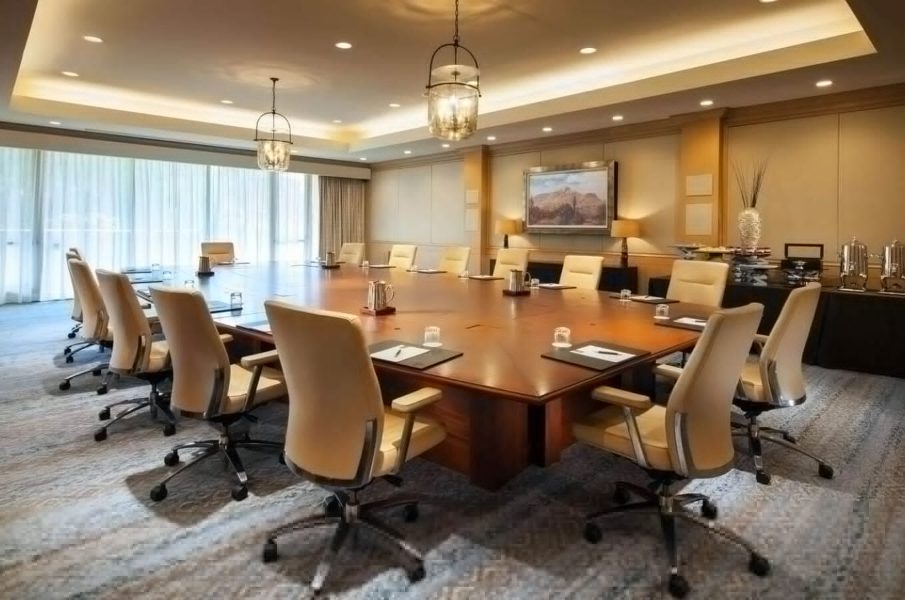How a Conference Center Helps You Plan Successful Business Meetings

Planning a successful business meeting requires more than just gathering people in one place. It involves careful preparation, effective communication, and creating an environment where ideas can flow freely. One of the most important factors in achieving this is the venue you choose. A professional conference center can make a significant difference in ensuring your meetings run smoothly, engage participants, and achieve their intended goals.
The Role of a Conference Center in Business Meetings
A conference center is specifically designed to host meetings, seminars, workshops, and corporate events. Unlike standard office spaces or hotels, a conference center provides an environment tailored for professional gatherings. It is equipped with the necessary facilities, such as high-speed internet, audio-visual equipment, and comfortable seating arrangements, which are essential for keeping participants focused and engaged. Choosing the right conference center ensures that your meeting can proceed without unnecessary distractions or technical issues.
Professional Atmosphere and Comfort
The environment of a conference center promotes professionalism. The layout, lighting, and seating arrangements are designed to create a comfortable yet focused atmosphere. Attendees can concentrate on discussions without feeling cramped or distracted. Many conference centers also offer flexible room configurations, allowing you to adapt the space for small team meetings or larger corporate presentations. This flexibility helps organizers tailor the meeting experience to suit the specific needs of their participants.
Access to Advanced Technology
Modern conference centers provide access to advanced technology, which is crucial for conducting efficient and interactive meetings. Facilities often include projectors, video conferencing tools, sound systems, and digital whiteboards. These tools help presenters communicate their ideas effectively and allow remote participants to join seamlessly. With technology readily available, organizers do not have to worry about arranging or troubleshooting technical equipment, saving valuable time and reducing stress.
Catering and Additional Services
Another key advantage of a conference center is the availability of catering and additional support services. Many centers provide on-site catering options for breakfast, lunch, and refreshments throughout the day. This ensures that attendees remain energized and focused during long sessions. In addition, support staff are usually available to assist with setup, registration, or any last-minute requirements. Having these services on hand allows organizers to focus on the content of the meeting rather than logistical concerns.
Convenient Location and Accessibility
Location plays a vital role in ensuring high attendance and convenience for participants. Conference centers are often situated in accessible areas, close to major transportation hubs, hotels, and business districts. This makes it easier for attendees to reach the venue without delays or complications. A conveniently located conference center also reflects professionalism and consideration for participants’ time, contributing to a positive overall experience.
Enhancing Collaboration and Networking
A well-chosen conference center can encourage collaboration and networking among participants. Common areas, breakout rooms, and lounges create opportunities for informal discussions, brainstorming sessions, and networking. These interactions often lead to stronger professional relationships and the sharing of ideas that can benefit the organization beyond the meeting itself. A space designed for interaction supports both structured presentations and spontaneous conversations, making the overall meeting more productive.
Conclusion
Choosing a professional conference center is a critical step in planning successful business meetings. From providing a professional atmosphere and advanced technology to offering catering and support services, a conference center helps organizers focus on content and engagement rather than logistics. Additionally, a convenient location and spaces designed for collaboration enhance participant experience and foster meaningful networking opportunities. By selecting the right venue, businesses can ensure that their meetings are effective, efficient, and leave a lasting impression on attendees.
This approach not only simplifies planning but also maximizes the potential for achieving the objectives of your business meeting, making a conference center an invaluable resource for professional events.












